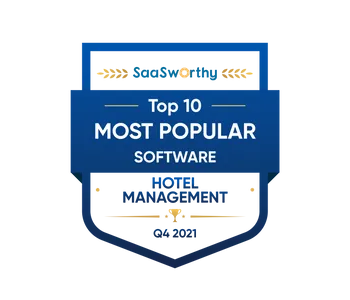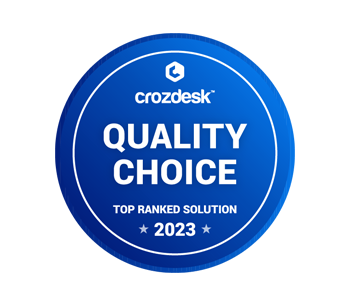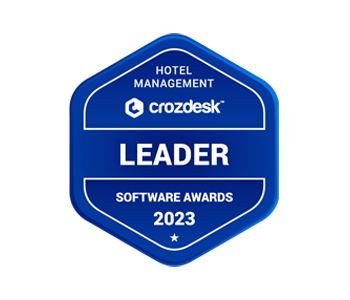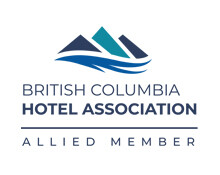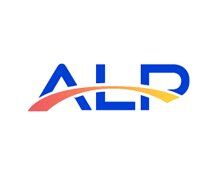GDS stands for global distribution system and is essentially a central reservation system for hotels, airlines, rental car companies, cruise lines, and other travel services worldwide.
A GDS network puts your property in front of travel agents, corporate travel managers, and OTAs, and the importance of these networks is growing. More than half of global travel sellers in 2024 increased their usage of GDS channels over the previous two years.
The more visible you are to travel sellers online, the more reservations you receive, provided that the guest segments you target use these intermediaries. If you’re thinking about distributing your property’s inventory via a GDS channel, keep reading to learn why it might be worth it and how to make the most of your connection.
Rise of Travel Agents
Travel agencies are back in demand with a 28 percent rise in their US gross bookings as of 2023. This upward trend is expected to continue. By 2027, a quarter of all travel sales in the US will be represented by agencies. Without a GDS channel through which travel agents can find and book your property, you may be leaving this business on the table.
GDS channels appeal to travel agents because they allow them to book multiple travel services—hotels, flights, car rentals, etc.—through one convenient site. Their time is limited, and they won’t necessarily sacrifice that convenience to book direct, no matter how enticing your website is.
Though GDS bookings will cost you commission fees, it may be money well spent to build this guest segment at your property. Not only are travel agents attracting more customers, the kind of customers they attract typically earn higher incomes. Bringing more of these guests through your doors can boost revenue.

Return of Business Travelers
GDS channels are often used to tap into business travel bookings as companies prefer to use travel agents. This segment has slowly rebounded since the pandemic, with their spending predicted to reach more than two trillion dollars globally by 2028.
The combination of business and leisure travel (known as bleisure) is also here to stay—and translates to longer stays and increased ancillary revenue. As of 2024, 83 percent of business travelers claimed they had gone on a bleisure trip over the past year.
Being visible on a GDS makes you more accessible to corporate group business in addition to individual business travel. If travel managers aren’t aware of your property, they can’t send you a request for proposal. Investing in a GDS gives you access to multiple sub-segments of profitable business travel.
Know Your Market
Know where your guests originate before purchasing a GDS connection. If your property attracts a significant portion of corporate and/or wealthy travelers (or you want to bring in more of these travelers), a GDS makes sense. However, if you typically cater to leisure guests on a budget or specialize in no-frills outdoor experiences, a GDS may not be for you.
As in real estate, it’s all about “location, location, location.” Your location determines the guest markets you’re able to tap into. Well-heeled honeymooners seek romantic ocean views, and execs appreciate being close to the airport or city center.
Consider whether the bulk of your guests are international or domestic. A GDS empowers you to expand your international reach as they are accessed by markets around the globe. International travelers are also likelier to use a travel agent to manage complicated itineraries (after a couple red eyes, they’ll be calling that agent just to figure out their own name).
Before you select a new GDS partner, assess whether the markets you’ll gain access to align with your current audience or the audience you wish to reach.

Connect Your GDS With Your PMS
If a GDS is right for you, be sure to integrate it with your property management system (PMS) so that reservations made through your GDS partner automatically appear in your PMS, reducing overbookings and other errors. This also allows you to update your GDS rates and availability directly through your PMS in real time. WebRezPro connects with multiple GDS channels, including SHR, SynXis, and TravelClick.
You also have the option to use a channel manager, which acts as a single point from which to manage inventory across multiple OTA and GDS channels. It gives you that same kind of convenience a GDS gives travel agents!
Make the Most of Your Listing
To stand out to travel agents and improve your search positioning, ensure that your GDS listing is completely filled out with an enticing description that highlights your property’s best features (including nearby attractions), location, a complete amenities list, room types, rates, photos, and policies.
Since the pandemic, sustainability concerns have risen to the forefront, so promote your property’s sustainable features, certifications, and metrics to entice environmentally conscious travel sellers. One third of these sellers claim that sustainability is a key factor for them.
Keep in mind that travel sellers are themselves marketers with their own audience to appeal to. Showcase how your audience overlaps with theirs and develop a relationship where possible.
Lastly, take advantage of any analytics and reports offered by your GDS channel to be sure you’re achieving an appropriate return on investment. Booking volume, revenue generated, and conversion rates are all metrics that your GDS should provide.
With travel agents ready to book and corporate travelers staging a comeback, it’s worth investigating whether these segments are relevant to your property to decide if a GDS channel is right for you. Integrating a GDS channel into your distribution strategy may significantly increase your market share.















